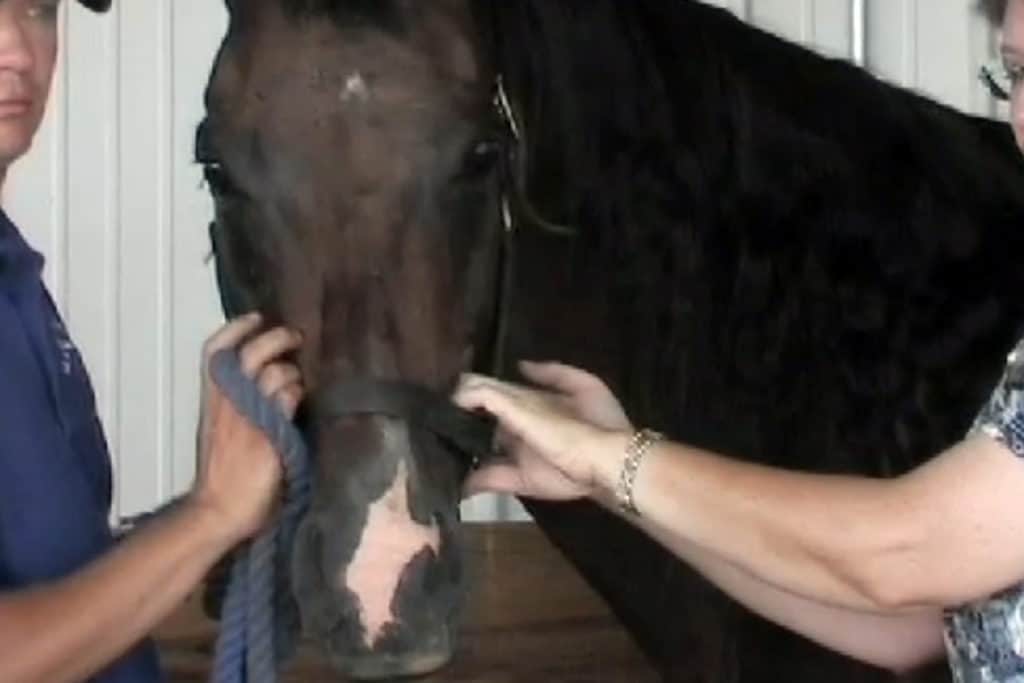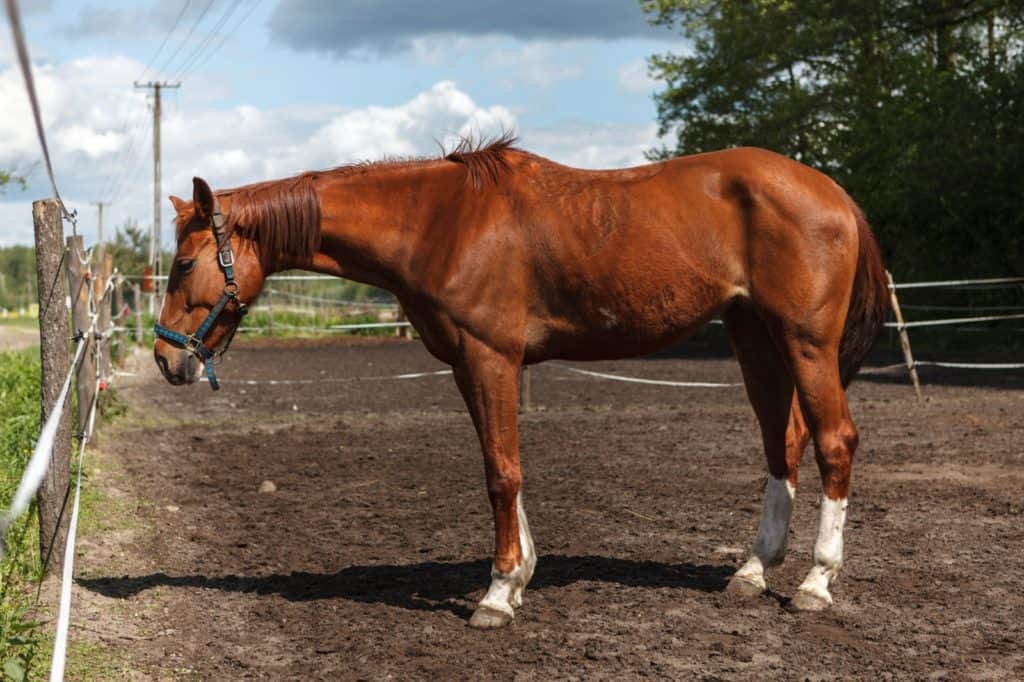
Time-Saving Tips: Equine Veterinary and Farrier Visits
Veterinarians and farriers often have busy schedules. Here are some tips to help expedite their visits when they arrive.

Veterinarians and farriers often have busy schedules. Here are some tips to help expedite their visits when they arrive.

Learn how to take your horse’s temperature, pulse, respiration rate, and check his hydration status and mucous membranes.

A recently developed scoring system can help veterinarians make treatment recommendations, researchers say.

Washington State University vets say Inland Northwest owners should watch horses carefully as temperatures rise.

Dr. Martin Nielsen gives a basic overview of health issues that could indicate your horse has “worms.”

Our sources share nine ways to help your sport horse perform at his best.

Readers prepared to “spring” into action during The Horse’s Countdown to Spring Challenge. Check out our top tips to get your horses and farm ready too!

I am looking for general information regarding my vet and horse care. What should I expect from my vet?

Of the 682 respondents, 221 (32%) said their veterinarians see their horses twice a year.

Learn how recreational riders can condition and protect their equine weekend warriors.

Veterinarians can keep diagnostic costs lower by using as much information from routine tests as possible.

Protecting your horse from infectious disease needn’t require storing him in a protective bubble. Here are 10 recommendations from leading equine biosecurity experts.

Learn to recognize the signs of various temperature-raising conditions in horses.

Understand the costs of veterinary care before you’re faced with a sick or injured horse.

Janet Johnston, DVM, Dipl. ACVIM, ACVS, shares 10 tips to keep horses comfy and safe in the summer heat.

Take precautions to reduce your horse’s risk of getting hurt while returning to work.
Stay on top of the most recent Horse Health news with
"*" indicates required fields